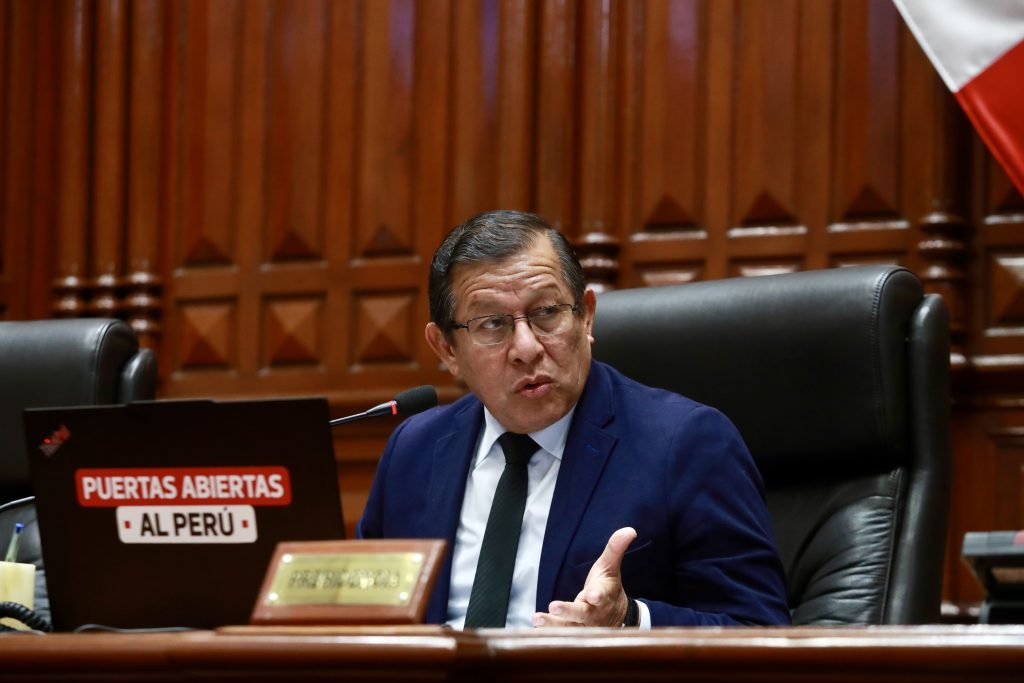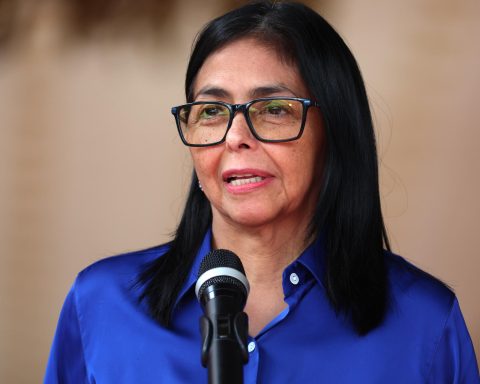Santo Domingo.- When commemorating andl World AIDS Day 2024, The Joint United Nations Program on HIV/AIDS (UNAIDS) invites various sectors of society to join the campaign «Follow the Path of Rights», whose objective is to convey the message that the world can eradicate this disease if the rights of all people are protected.
The global campaign, which will continue throughout the year, is based on the premise that, by placing human rights at the center and with communities leading the response, it is possible to eradicate HIV as a public health threat for the world. year 2030.
Furthermore, it reaffirms the need for world leaders to join this cause.
Bethania Betances, director of UNAIDS in the Dominican Republic, highlighted that significant advances in global efforts to improve access to prevention, diagnosis and treatment of HIV have been driven by respect for the fundamental rights of peopleespecially the most excluded and marginalized. He thanked government and civil society institutions for the great support provided to the national response to HIV.
He highlighted that, in the Dominican Republic, thanks to an effective government response, the majority of the population living with HIV receives antiretroviral treatment free of charge. He added that, as a result of the efforts of the Dominican government, in the last 10 years a 54 percent reduction in deaths associated with AIDS in the country was achieved.
Betances stressed that the campaign “Follow the Path of Rights” invites everyone to reflect on how, through inclusive and fair policies, can ensure that access to HIV prevention, testing and treatment reaches everyone, without exclusion.
Likewise, he highlighted that this World AIDS Day constitutes a call to global action to reaffirm the commitment of leaders to human rights and the eradication of HIV. However, he emphasized that gaps in the protection of rights continue to hinder progress and threaten to reverse the achievements made.
Regarding new HIV infections, Betances indicated that the numbers are increasing in most countries, with more than one million people infected by the virus in 2023 worldwide.
“In the Dominican Republic, new HIV infections have not increased significantly in the general population, but there are population groups at greater risk due to inequalities and discrimination,” said Betances.
In his opinion, in many countries, laws, policies and practices that discriminate or stigmatize key or vulnerable populations continue to be barriers to the health and well-being of people living with HIV, as well as those at a higher risk. risk of contracting it, such as transgender people, men who have sex with men, sex workers, drug users, migrants, among others.
“This year, UNAIDS calls on all countries and key actors to take a firm step and follow the path of rights, as ending AIDS is not only a matter of access to health services, but also of social justice,” he highlighted.

















